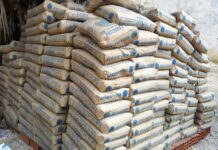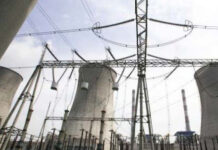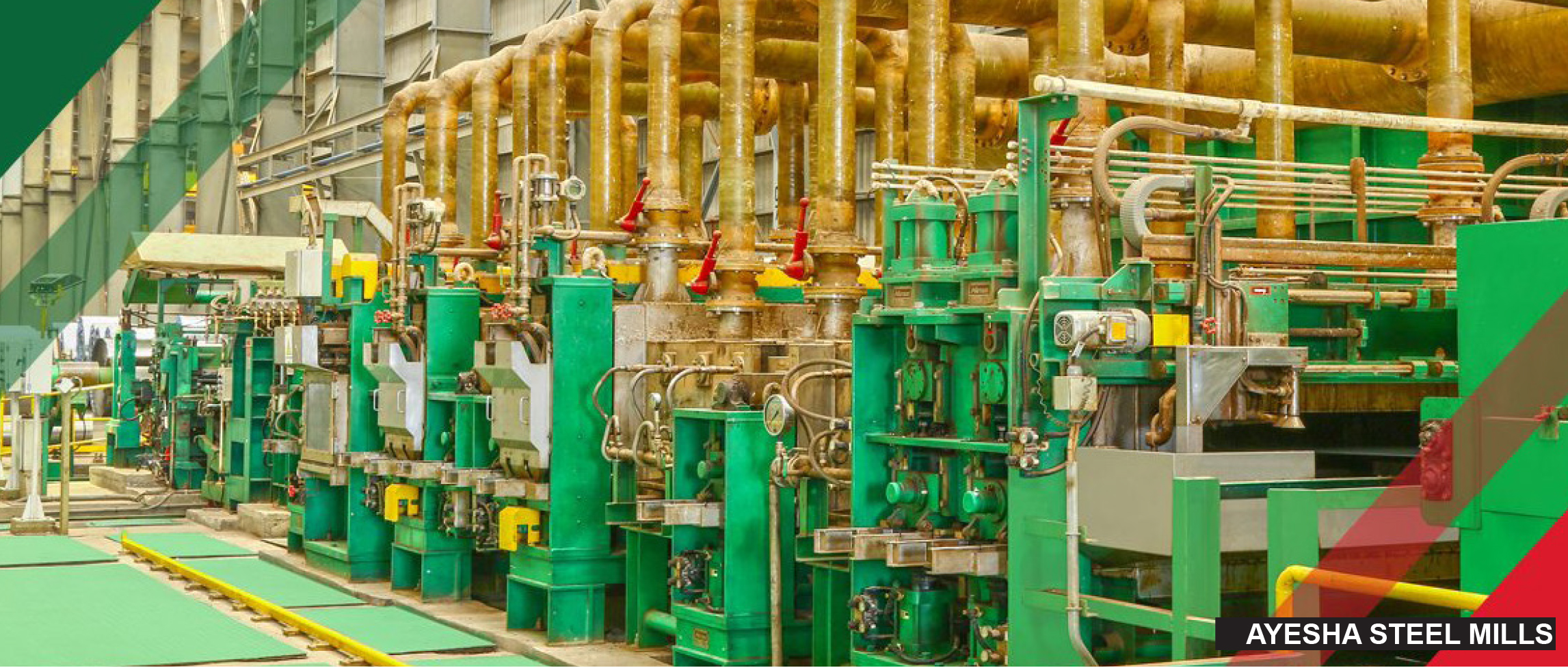In a macroeconomic environment where government spending on infrastructure is slowing down most businesses are scaling back their investments, one would expect steel manufacturers to be struggling to stay in place, but Aisha Steels, one of Pakistan’s largest steel companies, appears to have managed to keep its revenues growing, despite the odds.
For the financial year ending June 30, 2019, the company managed to increase its revenues by 7.0% compared to the same period last year, rising from Rs18.9 billion in fiscal 2018 to Rs20.2 billion in fiscal 2019. A 7% increase in revenues during a time when inflation has hit double digits may not sound like much, but considering the declines in most other related industries, the growth registered by Aisha Steels is quite respectable.
And the news for the first quarter of fiscal 2020 is even better: for the quarter ending September 30, 2019, Aisha Steel’s revenue doubled to Rs6.2 billion from Rs3.1 billion during the same period last year. However, the company did swing to a loss of Rs204 million in the most recent quarter compared to a profit of Rs121 million during the same quarter last year.
The reason for the shift in profitability was almost entirely due to a rise in borrowing costs, which saw the company’s interest expenses nearly triple. Aisha Steel has also borrowing significantly as part of its Rs8 billion capacity expansion project. During the fiscal year, the benchmark Karachi Interbank Offered Rate (KIBOR) rose from 6.93% to 12.97% as the State Bank of Pakistan raised interest rates in a bid to slow down rising inflation.
As with many industrial businesses, the steel industry has been affected by the trade war between China and the United States, which has caused the prices of many industrial commodities – steel among them – to fluctuate according to the vicissitudes of the trade dynamics between the world’s two largest economies. Prices of hot rolled coil (HRC) steel, for instance, declined from $570 per ton in July 2018 to $480 per ton in December 2018, before recovering to an average of $503 per ton during the first half of 2019.
Aisha Steel produces two main products: cold rolled coil (CRC) steel and galvanised (GI) steel, with CRC steel accounting for approximately two thirds of the company’s production and sales.
CRC steel, especially in the form of thin gauge sheets, the kind that Aisha Steel produces, is commonly used in the construction industry for structural or non-structural items such as columns, beams, joists, studs, floor decking, built-up sections and other components. GI steel is used in both construction as well as building steel pipes.
Aisha Steel produces CRC with an average thickness of just 1.3 millimetres, according to data released by the management at an analyst briefing. The thickness of the steel affects the price a company is able to charge per sheet, since the price is set by weight.
However, despite being able to weather the storm in 2019, Aisha Steel is not immune to the headwinds facing the broader steel industry, not least of which is the cheaper imports from industrialised economies.
“The country’s demand for flat steel stands at approximately 1.1 million tons as against domestic production capacities of approximately 1.7 million tons. Despite this, in fiscal 2019, imports of CRC and [hot-dip galvanised coil] HDGC steel clocked in at 296,000 tons and 207,000 as against 236,000 and 288,000 in fiscal 2018, respectively,” wrote analysts at BIPL Securities, a brokerage firm, in a note issued to clients.
Insiders in the steel industry believe that the reason imports are able to compete against local production is due to dumping by foreign producers. The two main local manufacturers – Aisha Steel and International Steels – have sued foreign producers in local courts and have won 60 of the 65 cases they have filed for anti-dumping protections.
The government recently imposed a preliminary 13.94% anti-dumping duty on steel imported from Russia and Canada, which could have a negative impact on imports from both of those countries. In addition, Aisha Steel has filed a lawsuit against imports from South Korea as well. Judging by the company’s recent track record – along with the protectionist mood in Islamabad – the company is likely to win its case against imports from South Korea as well.
Nonetheless, the import market remains quite strong. During the first four months of the fiscal year ending June 30, 2020, steel imports have already crossed 100,000 tons and are on track to exceed even last year’s total, despite the anti-dumping duties imposed by the government on imports, suggesting that imported steel is significantly cheaper – or higher quality – than local steel.
During fiscal 2019, Aisha Steel also underwent a rebalancing of its geographic footprint, losing ground in the northern half of the country and gaining market share in the southern half of the country. Part of that decline in share may be due to expected increases in competition in the northern part of the country as new steel mills come online.
Meanwhile, steel companies are seeking to lobby the government to remove regulations that they believe negatively impact their business. Among those is a statutory regulatory order (SRO) issued by the government – SRO 641(i) of 2018 – that prohibits steel companies from selling CRC directly to pipeline manufacturers and instead requires them to go through dealers and wholesalers.
While historically this regulation has not had a material impact on the steel industry’s revenue, it may end up hurting the industry from February 2020, when the government’s regulations requiring all businesses to record the computerised national identity card (CNIC) number of all parties that conduct transactions greater than Rs50,000 go into effect.
That regulation is widely expected to negatively affect the ability of many dealers and wholesalers – the vast majority of which are not necessarily registered taxpaying businesses – to continue to do business, which in turn could reduce steel industry sales.




















